Writing the Game: An interview with Mark Barber
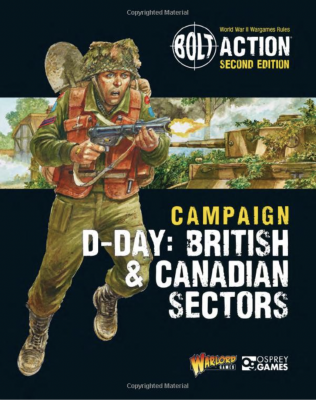 By Troy Hill
By Troy Hill
Prolific wargaming and historical author Mark Barber recently sat down via email with me to discuss the ins and outs of writing books for the gaming community. If you’re not sure who Mark is, here’s the blurb from his Amazon Author page:
Mark Barber writes in the military history and wargaming genres. He has written several military aviation titles for Osprey Publishing and spent several years working with Gaijin Entertainment’s record-breaking ‘War Thunder’ software package, acting as a historical consultant, in-game content writer, and article writer. He has also written several titles for Warlord Games’ Bolt Action tabletop game and has written fiction for the Kings of War and Gates of Antares franchises.
Mark has written several of the popular campaign books for Bolt Action, including several of the D-Day series.
Tell us a little of your background and how you went from playing tabletop wargames into writing some of Warlord’s books on the most interesting periods of WWII:
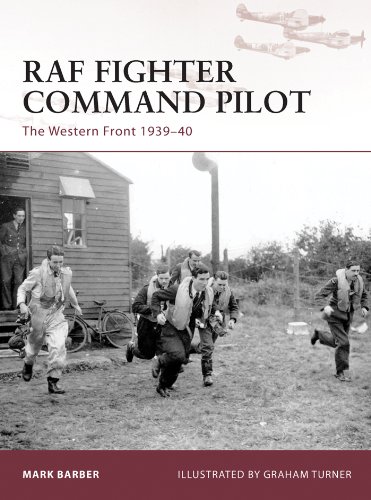 Tabletop wargaming began for me way back at the end of primary school, so I first started playing at the age of ten. Through my teens, there was a bit of a group of us, but back then there wasn’t nearly the number of companies and choices of franchises that there is today. I drifted away from wargaming when I went to university, but a few years later I began writing military history for Osprey Publishing.
Tabletop wargaming began for me way back at the end of primary school, so I first started playing at the age of ten. Through my teens, there was a bit of a group of us, but back then there wasn’t nearly the number of companies and choices of franchises that there is today. I drifted away from wargaming when I went to university, but a few years later I began writing military history for Osprey Publishing.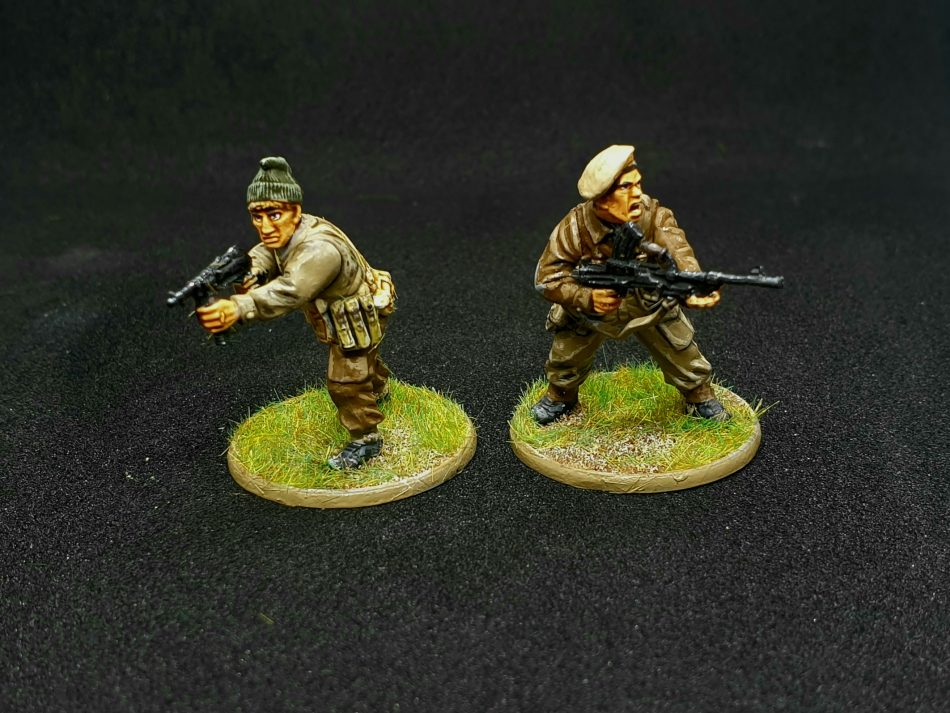
What type of tabletop game experiences (or games in particular) do you most enjoy playing?
For me, it’s all about the ‘beer and pretzel’ scene of games; very informal and with friends. I’ve got a lot of time and respect for the competitive and tournament scenes, but that’s not for me. I often need to remember this, as when we are writing campaign books they need to have something for ALL players, so I’ll stay in touch with the tournament scene as much as possible to keep those players included and catered for as much as I can with my writing.
However, I’m also a bit of a rivet counter. Generic platoons, when a player turns up with a BEF era Matilda II alongside a late-war Comet tank do make me cringe a bit. But that’s just inner monologue, these games need to include everybody and make all feel welcome, so even though mixing timelines isn’t for me, I’d never challenge anybody on it.
Historical games-wise, my favourites are Bolt Action, Victory at Sea, and Black Seas. I appreciate that makes me sound like a Warlord fanboy, but it’s not just loyalty to the company I work with a lot. I’m an independent contractor, after all, not on Warlord’s staff. It is because I genuinely think these are the best three games in the historical wargaming circuit. I also really like Victory at Sea and Black Seas because I have nothing to do with their development. It’s sometimes nice to just enjoy a game for what it is instead of analysing what you can do in the future to try to keep it moving on and developing.
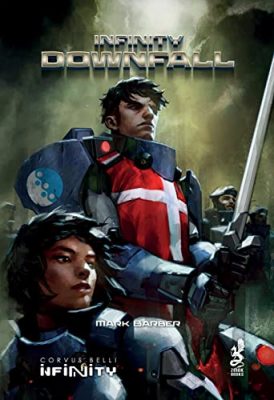
In terms of sci-fi and fantasy, I drift in and out of games quite a bit. I used to love X-Wing and 40k and play both a fair bit. But both games ended up going in directions which aren’t for me. I played Kings of War a bit to learn the system before I wrote my first novel for that franchise but ended up enjoying Dungeon Saga more from Mantic’s range.
Likewise, I learned the basics of Infinity when I picked up the contract to write the first novel in that franchise – what a challenge! Infinity is a wonderful game, I think, but not necessarily for a casual player. Aristeia! from Corvus Belli is a bit quicker and simpler, and I play that a fair bit, too. I also dabble with Necromunda and Blood Bowl, and occasionally Aeronautica Imperialis. So in short, I’m dead set in my ways with historical gaming, but I drift in and out of all sorts of games with sci-fi and fantasy.
3. Which was your first title for Warlord Games, and how did that commission come about?
The first book I wrote for Warlord Games was Battle of the Bulge. After those first few web articles with Warlord Games, I remember thinking I was necky by asking whether I might be allowed to write the historical box-outs in one of the campaign books. I was very pleasantly surprised when Warlord came back to say they were considering giving me an entire title to write.
That’s an exciting prospect, but also an intimidating one. A wise man at Warlord once told me that these things are never worth arguing about, because, at the end of the day, it’s just plastic soldiers. I agree wholeheartedly with that. But, in addition to that sentiment, people put years of effort into collecting, painting, and using their armies. One bad book in a franchise can destroy the balance and ruin all of that for thousands of people across the globe, and that was going through my head with that first book.
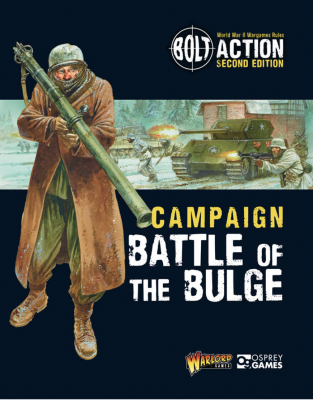
I wanted to do things that hadn’t been done before, but I also didn’t want to take risks given my low levels of experience. But looking back at Battle of the Bulge, the thing I’m most happy with is the addition of chaplains, intelligence officers, and military police. The idea was never to revolutionise the game; the idea actually came about when I thought of stories from friends who told me what their grandfathers did during the Second World War, and I tried to think of a way that I could respectfully add these options into the game in a small way, to raise that awareness of some of these other vital roles and pay respect to the people that did them by seeing a representation of their work in these games.
When you’re writing a campaign book within an existing game like Bolt Action, how much guidance do you get from the company (Warlord) or from the game’s primary designer (Alessio)?
A good amount, it works well from my point of view. Each book we do has a period of time after it where we all scratch our heads and think about what went well and what could be done better next time, a sort of continuous improvement cycle. This also involves community feedback; for example, all campaign books now include historical maps because a member of the community emailed in and suggested it, and it was a great idea.
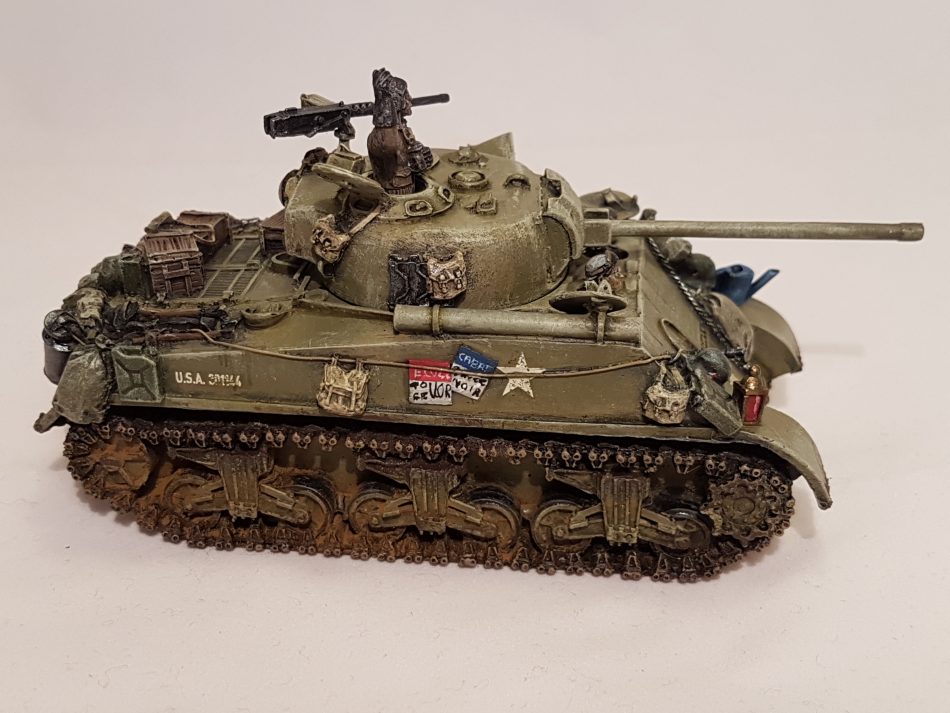
The titles themselves are normally decided by Warlord Games, but not always – they are open to suggestions and one of the fan favourites – Fortress Budapest by Bryan Cook, was Bryan’s suggestion.
However, all five of my titles have come from Warlord, not me.
What is the writing process, under Warlord, like?
Once I get a title, there is a format to follow. The norm is to tell the story of the campaign via the scenarios. The scenarios take the longest to playtest, so that’s normally where I start.
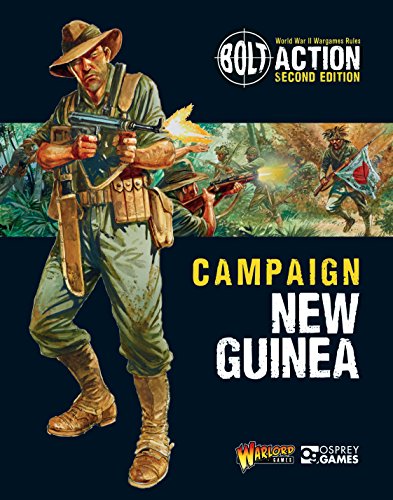
That being said, the new units and theatre selectors have far more potential to upset the balance of the game, so whilst the scenario playtesting begins early, it is the units and selectors that have more playtesting, just in a shorter time period. So, once I’ve put together a list of perhaps a dozen scenarios and an overview of some new units and selectors, that is sent to Warlord in a synopsis for their approval.
We then talk through any tweaks or improvements before the writing begins.
The writing also involves managing playtesting teams. Playtesting your own material is, I think, not a good solution. An individual will be able to understand their own writing and what they are trying to say. The trick is to iron out areas of ambiguity by sending scenarios and units to test groups with absolutely no explanation or notes accompanying them. That way, you see what a truly independent set of eyes will do with your work and if it is interpreted correctly, or if you have to re-write things and do a better job of clarifying the instructions.
After the book is completed in its first draft, it then goes to Alessio who will go through the game content word by word. Points values are balanced and any inconsistencies are sent back for me to review or explain. Once we have a workable second draft, we then meet via video conference calls and talk through the whole thing. Alessio’s style is very much to allow the authors the freedom to tell the campaign in their way, but also to keep the game fair and balanced.
There’s a reason [Alessio] is a big name in the industry. His ability to immediately see potential flaws and issues is uncanny. Throughout all of this, we stay in touch with Warlord HQ with progress updates and also to tie in with model releases. Warlord needs to know what we’re doing to align their release schedule. Also, we don’t do something silly like make a unit of eleven soldiers when they are releasing a boxed set of ten miniatures to go with it!
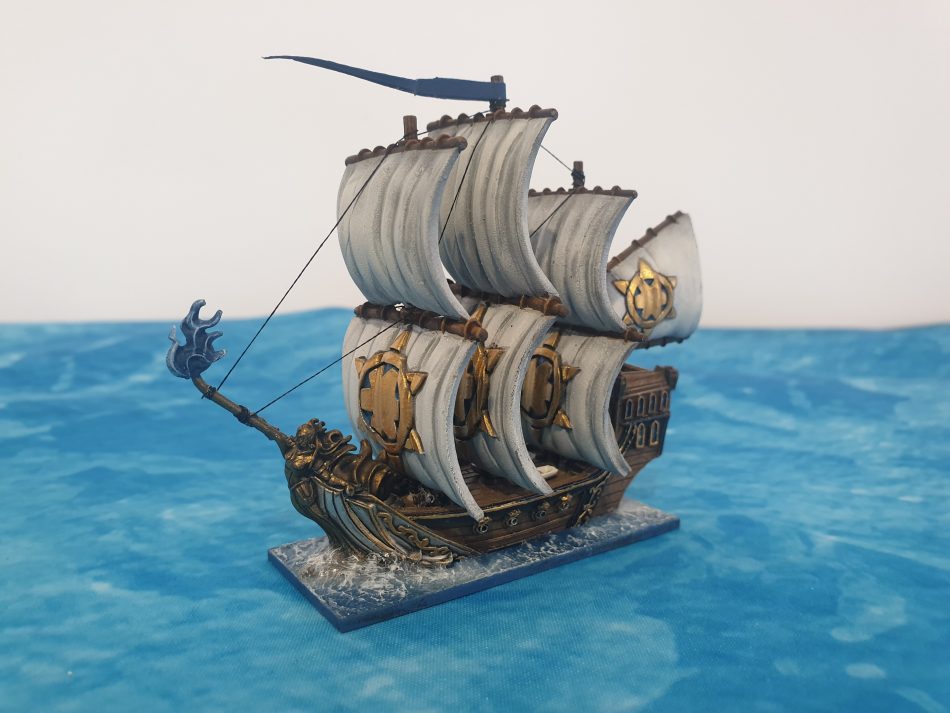
However, the process is constantly evolving so with each new book, something changes in the process in an attempt to keep driving the improvements forwards and do everything we can to give the players the best we can. I’ve enjoyed working on each and every one of these books, and whilst I’m happy with them, I can see an improvement over the years as we’ve learned better ways to do things, and I’m glad we’ve taken that approach.
What differences do you find in your approach to writing a historical gaming book like the D-Days ones, compared to writing a fictional book set in a gaming world? Are the mental gymnastics different? Or are you finding the tools of the trade the same?
There are some similarities, but the differences are more numerous. The research needs to happen with both, but in a very different way. Historical wargaming needs that sort of academic process of immersing oneself in the history to get a good understanding of the campaign before trying to turn it into a tabletop experience.
However, that same process absolutely must be applied to fiction writing as well. At the tactical level, the characters must be armed and armoured correctly; a decent grasp of the game you are depicting in fiction is required so that the battles in the stories reflect the tabletop experience and the balance. The lore needs to be spot on, but franchises such as Infinity and Kings of War have an excellent handle on that and play a big part in the crafting of the novels.
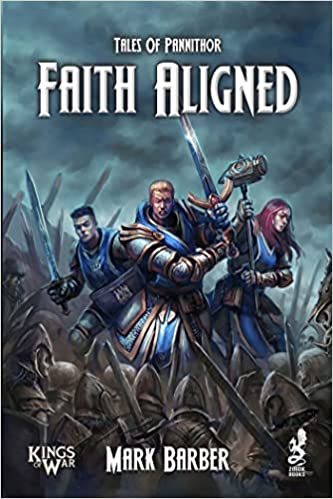
However, the creative process is definitely different. Historical wargame writing is hours of being locked in an office or study; reading, researching, writing, and managing playtest groups from afar. Fiction writing is very different in that its about trying to tell a story and creating characters out of thin air who, if constructed correctly, will feel believable and grab the reader’s attention.
It’s about telling a story first and creating those characters but ensuring they fit into the setting of the franchise you are working with. My contributions to Bolt Action have mainly been put together in my office at home; my contributions to wargaming fiction have been assembled on long drives or long jogs when I’ve been left alone with my thoughts.
How can players, and fiction readers find you?
If anybody wants to chat through any of these projects, or is interested in getting into writing in the industry themselves, I have a Facebook Page called Mark B Wargames Author. I also have an Amazon author’s page: (US Link and UK Link)
